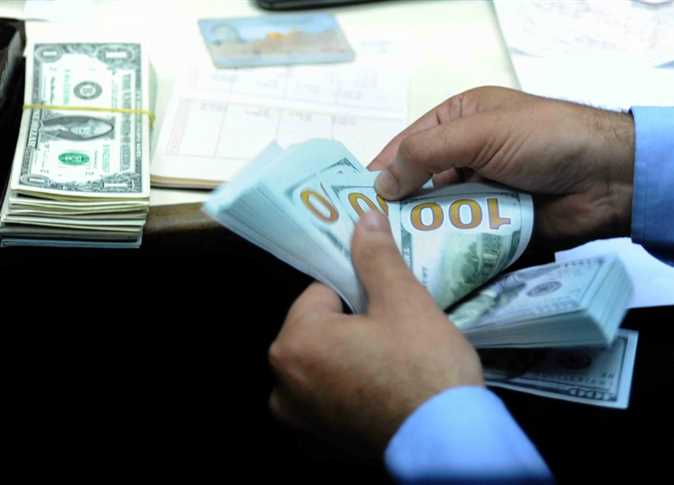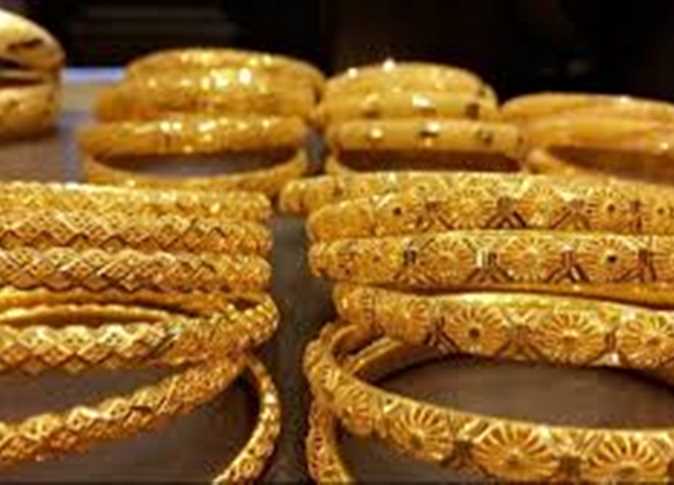
China's yuan joined the International Monetary Fund's basket of reserve currencies in October alongside the US dollar, the euro, the yen and the British pound.
The IMF's special drawing rights (SDR) basket determines currencies that countries can receive as part of their IMF loans.
This basket is used to determine the average exchange rates in the world every day, through the average exchange rate used to measure the value of the SDR for each member state of the 188 IMF-member states.
China and Egypt on December 6 concluded an 18 billion yuan (US$2.62 billion) three-year bilateral currency swap, a move that importers and economists said would facilitate trade and improve foreign currency liquidity in cash-strapped Egypt.
The Central Bank of Egypt (CBE), which signed the deal with the People's Bank of China, said the arrangement could be extended by mutual consent.
Many have questioned the shape, which will be the bilateral agreement between Egypt and China, and the new role to be played by the Chinese currency (the yuan) after the signing of the agreement.
Experts told Al-Masry Al-Youm that this agreement allows the two countries to use local currencies in trade operations by pumping the equivalent amount of the currency of the exporting country into the accounts of importers from Egypt and vice versa, in order to relieve the pressure on the US dollar.
The CBE has announced that it's in negotiations to make a currency swap with the People's Bank of China (the central bank), so as to deposit a sum of money in Egyptian pounds with this Chinese bank for a certain period and China in turn will deposit an amount in yuan.
To this end, the General Authority of the Suez Canal, on the 1st of October, recognized the yuan as a currency in business dealings to save US dollars and support the cash reserves of the country.
China’s state-owned construction company China Fortune Land Development announced on September 25 that it would invest $20 billion in Egypt’s New Administrative Capital project.
Observers and economists say that this agreement is a blow to the US dollar, because the Egyptian market is currently experiencing a significant shortfall in the US dollar, especially in import operations; the global expansion of the use of the Chinese yuan will be inevitable, because of the huge trade of Chinese goods in the world, so it will break the US dollar's monopoly of the dominant share in the global market, thus reducing Egypt's need for US dollars to import goods, especially coming from China.
Economic expert Sherif Dlaor says those agreements were intended to ease the pressure on the US dollar, through a barter domestic payment system instead of the traditional method.
He pointed out that these agreements are limited, dealings only on the bilateral level between the two countries, but trade at the global and international level remains with the US dollar.
Dlaor adds that the size of the interest of these agreements is determined by the volume of trade exchanged between the two nations; the agreements also contribute to the flourishing of trade between the two concerned countries, noting that China has made the agreement in order not to lose the Egyptian market due to the US dollar crisis.
Dlaor explains that despite the agreements signed with China to deal in yuan, the Chinese currency is still not an international currency at the moment.
According to the Central Agency for Public Mobilization and Statistics, the number of Chinese tourists who visited Egypt in 2015 is 115,000, with a length of stay in hotels of 637 thousand days, constituting an increase of 87% and 62% respectively, comparing to 2014.
Dlaor says that the main objective of the agreement is to facilitate trade deals between the two countries, stressing that this approach has been known for several years, and is not a new fad. Its purpose is to partially reduce the demand for the US dollar.
China has become Egypt's largest trading partner, with bilateral trade reaching US$12.9 billion in 2015, while Chinese investment in Egypt hit over US$6 billion in the same year.
Banking expert Mohsen Khudair said that, in terms of numbers, if the Egyptian pound entered into a swap with the Chinese yuan this will make positive changes at the level of the Egyptian exchange market, and will enhance the prestige of the Egyptian pound against the US dollar.
He explained that the adoption of Chinese yuan currency reserves will dispense more than US$8 billion a year to the Egyptian reserves (the value of Egyptian imports from China), and therefore there will be less pressure on the price of the Egyptian pound again.
Egypt occupies the 42nd place among China's trading partners and represents the third largest export market among Arab countries; while China is the largest source of imports to Egypt.
Edited translation from Al-Masry Al-Youm



